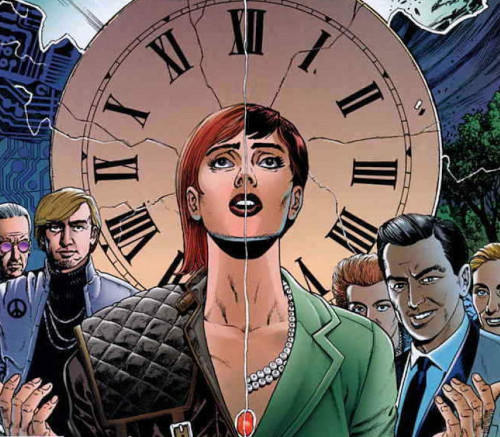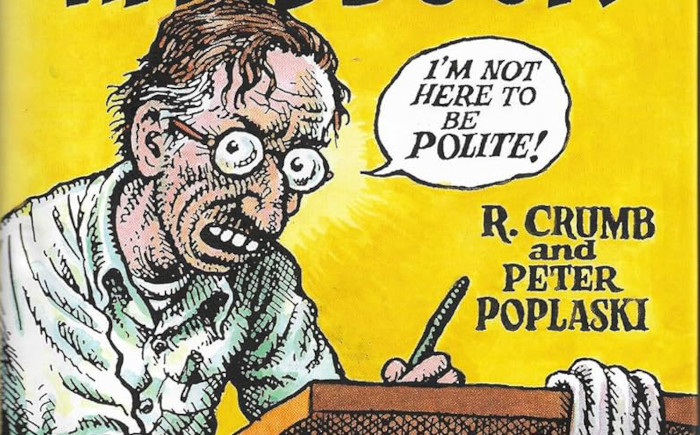 FLASHBACK! A then-recent R. Crumb compilation is reviewed by a Crumb connoisseur (Kumar) and a Crumb newbie (Tim). The book features Crumb at his sweetest and his most shocking. But can this (or any book) claim to be the perfect Crumb compilation? (Originally published June 30, 2008.)
FLASHBACK! A then-recent R. Crumb compilation is reviewed by a Crumb connoisseur (Kumar) and a Crumb newbie (Tim). The book features Crumb at his sweetest and his most shocking. But can this (or any book) claim to be the perfect Crumb compilation? (Originally published June 30, 2008.)
Brought to you by:
Podcast: Play in new window | Download

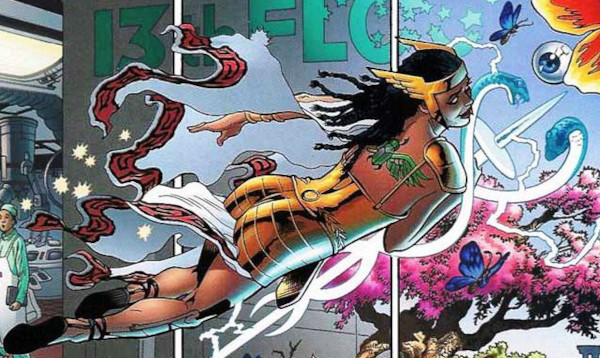 FLASHBACK! While Alan Moore and J.H. Williams’
FLASHBACK! While Alan Moore and J.H. Williams’ 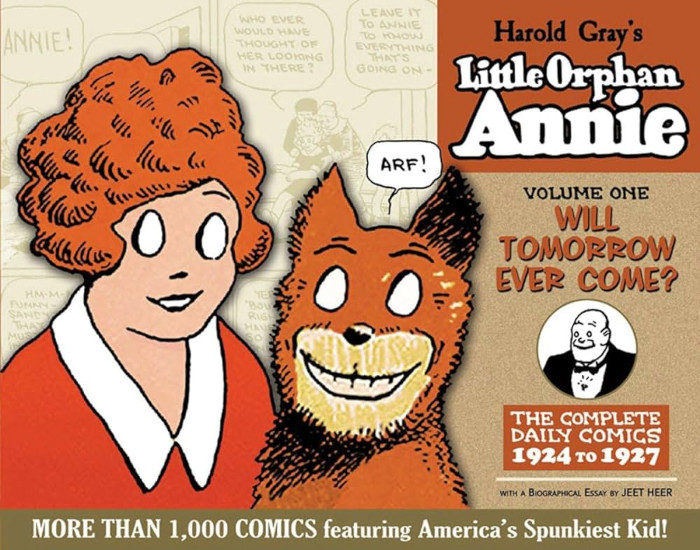
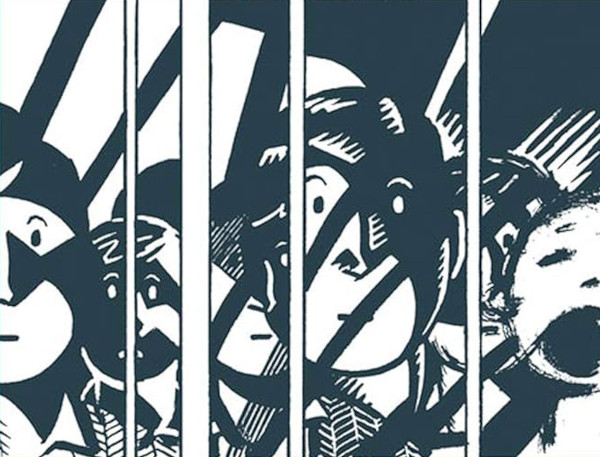
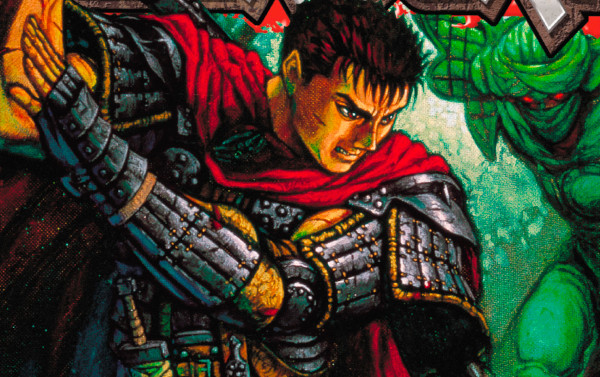
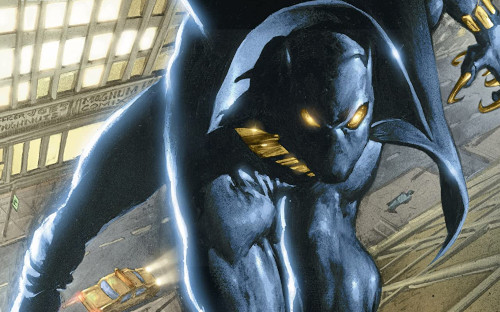 FLASHBACK! In 1998, under the “Marvel Knights” banner, Christopher Priest began the first ongoing Black Panther title in nearly two decades. Panther was a relatively unknown character to many Marvel readers at the time. With the aid of “Emperor of Useless White Boys” Everett K. Ross, and artists like Mark Texeira and Joe Jusko, Priest (a.k.a. Jim Owsley) made Panther a must-read and brought the nature of his character into sharper focus. Kumar and Tim discuss the first 17 issues (the ones included in
FLASHBACK! In 1998, under the “Marvel Knights” banner, Christopher Priest began the first ongoing Black Panther title in nearly two decades. Panther was a relatively unknown character to many Marvel readers at the time. With the aid of “Emperor of Useless White Boys” Everett K. Ross, and artists like Mark Texeira and Joe Jusko, Priest (a.k.a. Jim Owsley) made Panther a must-read and brought the nature of his character into sharper focus. Kumar and Tim discuss the first 17 issues (the ones included in 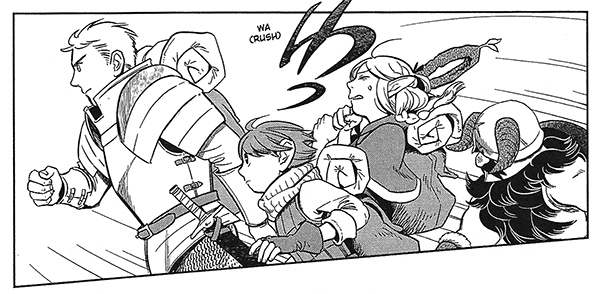

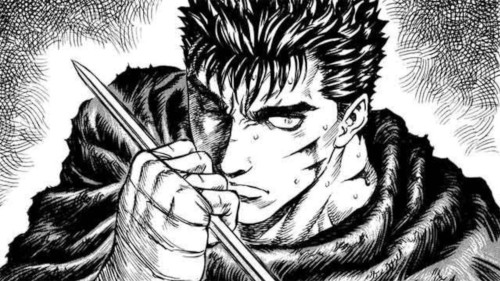 Berserk abruptly ended when creator Kentaro Miura died two years ago, later resurrected by Miura’s assistants and his friend Kouji Mori. Neither Tim nor Kumar had read this violent, complex manga, but it lingered on our to-do list the past two years until a
Berserk abruptly ended when creator Kentaro Miura died two years ago, later resurrected by Miura’s assistants and his friend Kouji Mori. Neither Tim nor Kumar had read this violent, complex manga, but it lingered on our to-do list the past two years until a 